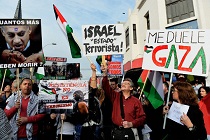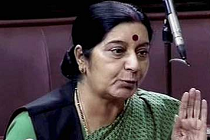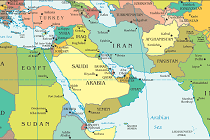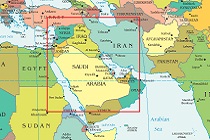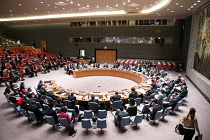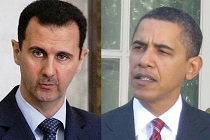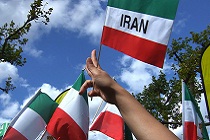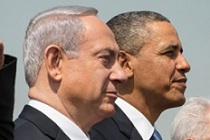Latin America takes a stand
The sharp Latin American response to the Israeli bombings in Gaza, on the back of solid support from the U.S., is attributable to the memory of the atrocities committed by past Latin American military dictators with similar U.S. backing. Their strong response is also a sign of the increasingly independent and assertive Latin American voice on the global stage

